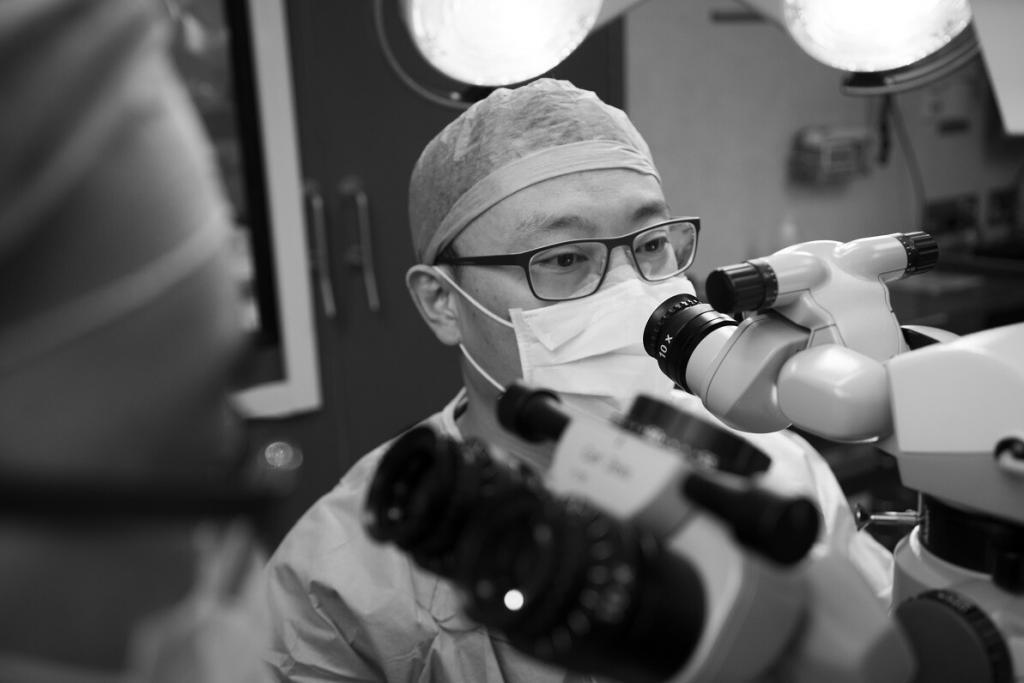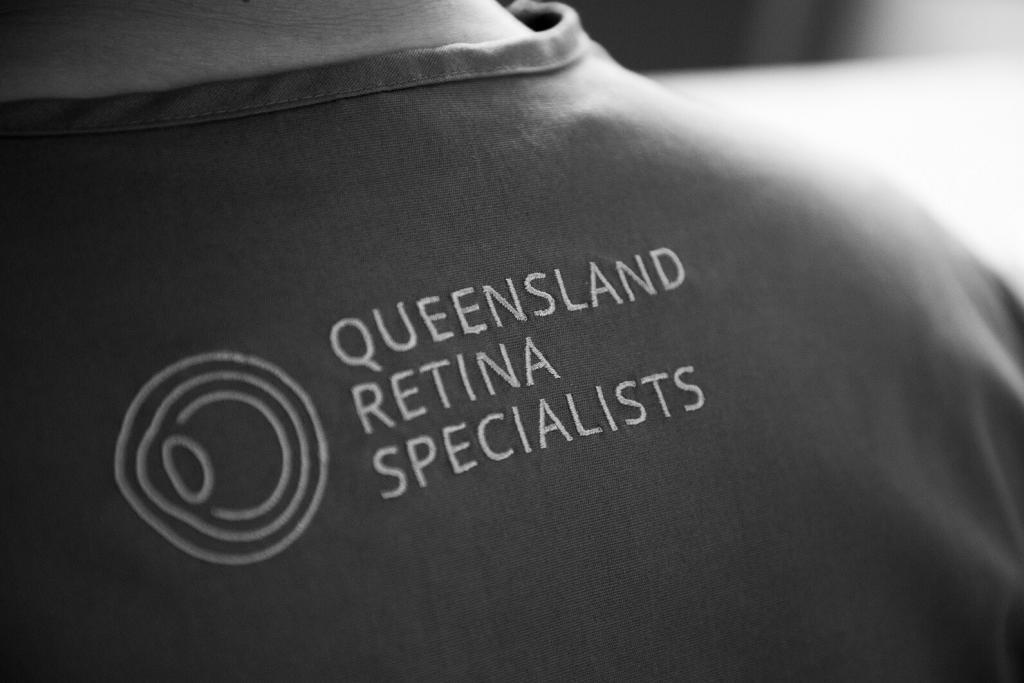Access to Eye Emergency Treatment
Eye emergencies can happen at any time and it is seldom the case that we find ourselves close to an emergency room, let alone an emergency operating theatre.
Not all of our patients are Brisbane-based, with many having to travel from rural areas often requiring eye emergency treatment. At Queensland Eye and Retina Specialists (QERS), we have systems in place to serve patients from the regional area. We recognise the importance of urgent treatment and our specialists are available at short notice to perform these necessary operations. Our team can help facilitate your treatment so that all you need to worry about is recovery. There are also government schemes implemented to provide financial subsidies for patients who require travel to receive medical care which our team can help you navigate through.
Particularly with trauma to the eye, a matter of hours, and access to eye emergency treatment can make the difference in preserving vision and saving the eye.
Private medical care can allow you to have more options in accessing timely emergency treatment, where you and your vision are the utmost priority.

What is public health care?
Australia’s public health system offers free health care to all Medicare card holders. All public hospitals are training facilities, where all future generation training specialists hone their skills under the supervision of an experienced consultant specialist.
When patients are referred to the public hospital, they will be assessed by junior doctors. The nature of the injury will be categorised according to the urgency and timeframe that the patient needs to receive treatment. If emergency surgery is deemed necessary, patients will most likely be placed on an emergency theatre waiting list – called the ‘Emergency Board’.
When the patient is placed on the Emergency Board, they will need to remain fasted (‘nil by mouth’) and be admitted to the ward, waiting for the operating theatre to become available. The nature of the emergency board is highly unpredictable as patients with imminent life-threatening conditions must be given a higher priority. As such, although eye emergencies are serious, they may not be prioritised over more urgent cases, and this might greatly affect the outcome of the surgery.
Furthermore, only major tertiary referral hospitals in Queensland – such as, Royal Brisbane & Women’s Hospital (RBWH), Princess Alexandra Hospital (PAH), Gold Coast and Sunshine Coast University Hospitals (GCUH, SCUH) – are equipped to provide care for complex eye emergency surgeries.
What is private health care?
For those with private health insurance or self-funding patients, private health care offers an alternative solution. When patients are referred to sub-specialists who can manage eye emergencies, they will be given the highest priority and there will be no other competing cases as the surgery is often performed in a dedicated Eye Hospital.
This means more clarity and certainty on when and where the surgery will take place, and all surgeries will be performed by an experienced consultant specialist.
Certain eye trauma conditions are only suitable for public care – for example, intra-ocular foreign body, globe rupture or penetrating eye injury. These conditions require urgent imaging, such as CT scan of the orbit and brain, to ensure there are no other associated life-threatening injuries sustained. If the injury is isolated to the eye, the patient can subsequently elect to continue their care in the private setting to avoid the unpredictable waiting time on the public hospital Emergency Board.
Recognising Eye Emergencies
Not all eye emergencies are easy to diagnose, and in many cases, you will need to see a GP or optometrist to confirm that it is a true emergency.
Common red flags requiring immediate attention include:
- Acute onset of floaters & flashes
- Acute loss of vision – central or peripheral vision
- History of recent ophthalmic procedure/surgery – such as intravitreal injection, surgery
- History of recent trauma – high risk mechanisms
- Unremitting ocular pain
- Comorbidities – e.g.: poorly controlled hypertension, diabetes

Where to stay
Patients requiring surgery or emergency treatment at QERS, can apply to the Patient Travel Subsidy Scheme (PTSS) for assistance. This government subsidy scheme offers financial support for travel, accommodation, and accompanying carers.
There are many hotels and apartments located near our clinic and the hospitals where we do our major surgeries, including some that offer special rates for our patients.
Our highly-trained team can help fast-track your surgery, often within 24 hours, saving critical time to allow timely delivery of urgent eye treatment.
Please feel free to contact our friendly team who will be more than happy to assist in providing additional information and securing your care.